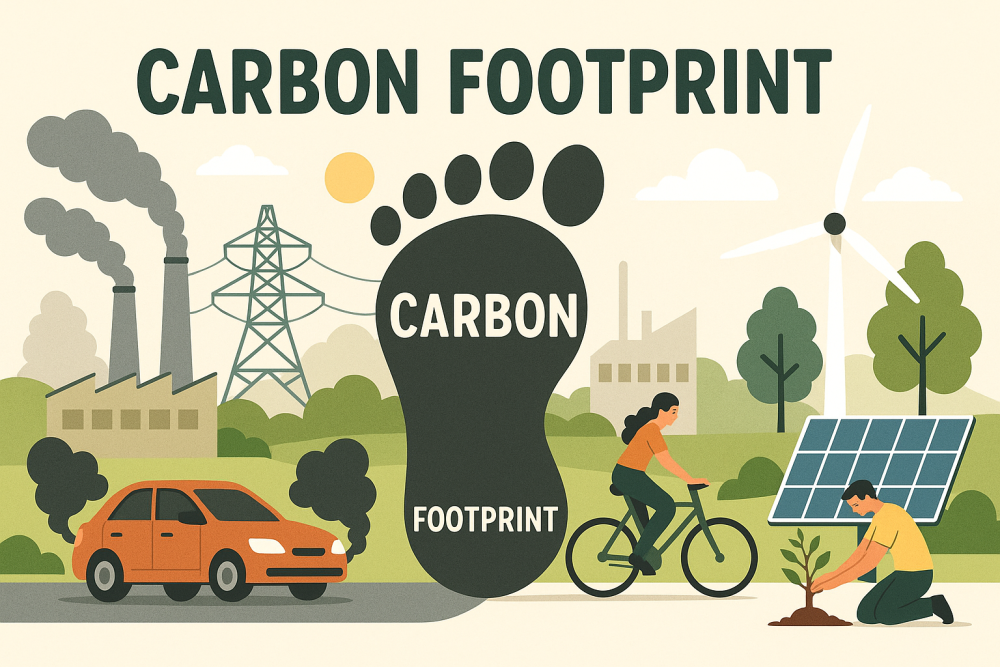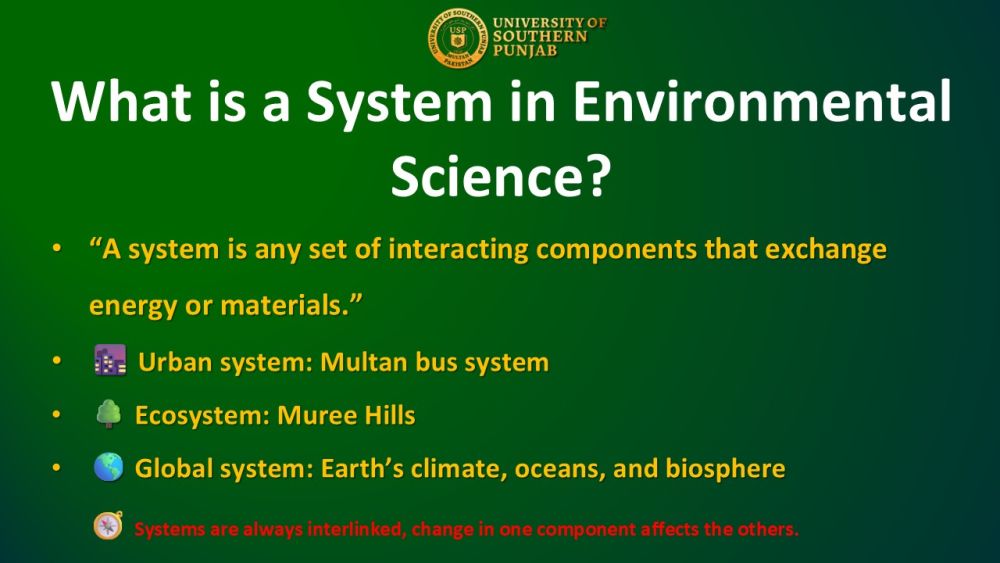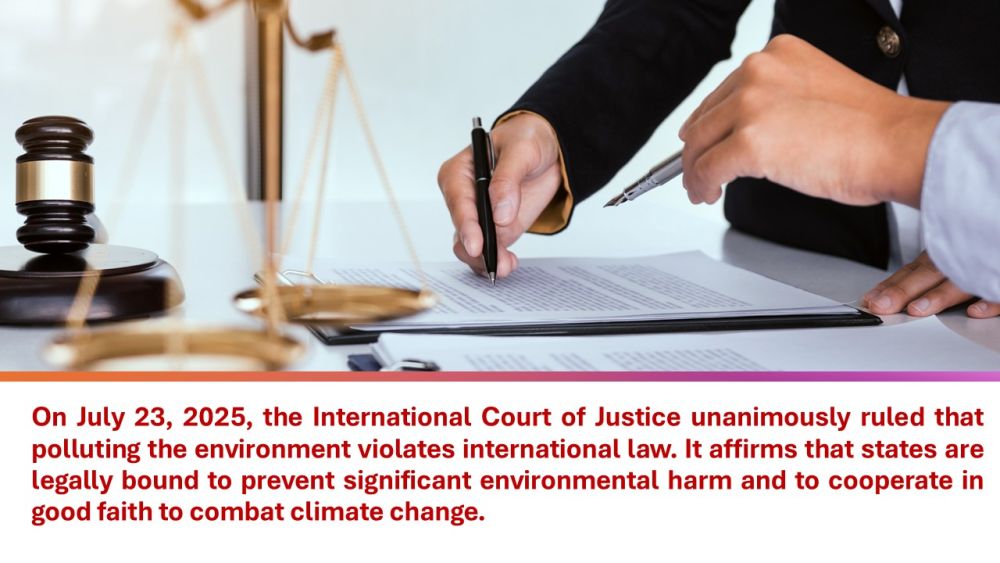55/25 At Nepal Climate Camp, Pakistani Scholar Calls for Faith-Based Path to Environmental Justice
Posted 4 months ago
As the climate crisis intensifies across South Asia, a Pakistani scholar calls for an expanded vision of climate justice that blends science, policy, and faith.
Muhammad Younus, a lecturer of Islamic Studies at the National Skills University Islamabad, addressed the South Asian Climate Justice Camp, a three-day gathering at the Annapurna Eco Village in Pokhara, Nepal. Organized by Youth Action for Sustainable Eco Nepal (YASEN) in partnership with World’s Youth for Climate Justice (WYCJ), the event convened activists, academics, and youth leaders from across the region to chart pathways for a just and sustainable future.
In his presentation titled “Climate Change, Religion, and Muslim Societies: Toward a Faith-Based Approach to Climate Justice,” Mr. Younus argued that religious values are a vital yet underutilized resource in tackling the ecological emergency. Drawing on Islamic principles of ʿadl (justice), mīzān (balance), and the maqāṣid al-sharīʿa (higher objectives of Islamic law), he underscored Islam’s ethical framework for stewardship, moderation in consumption, equitable resource sharing, and intergenerational responsibility.
“Science and politics alone cannot carry the burden of this challenge,” he told participants. “Faith traditions, when mobilized sincerely, can provide the moral compass needed to inspire collective action.”
The National Skills University Islamabad, Pakistan where Mr. Younus teaches, has increasingly highlighted the intersection of education, ethics, and sustainability. Known for emphasizing skills-based education, the university also shapes discourse on climate resilience and justice, recognizing that technical expertise must be paired with moral responsibility.
The camp concluded with the participants' resolute declaration that climate justice is not just a matter of policy but a profound question of ethics and equity. This shared resolve, cutting across borders, generations, and belief systems, inspires hope for a sustainable future.
“This camp reaffirmed my belief that religion can catalyze global climate justice,” Mr. Younus reflected. “Communities of faith, when united, can transform necessity into moral responsibility.”





